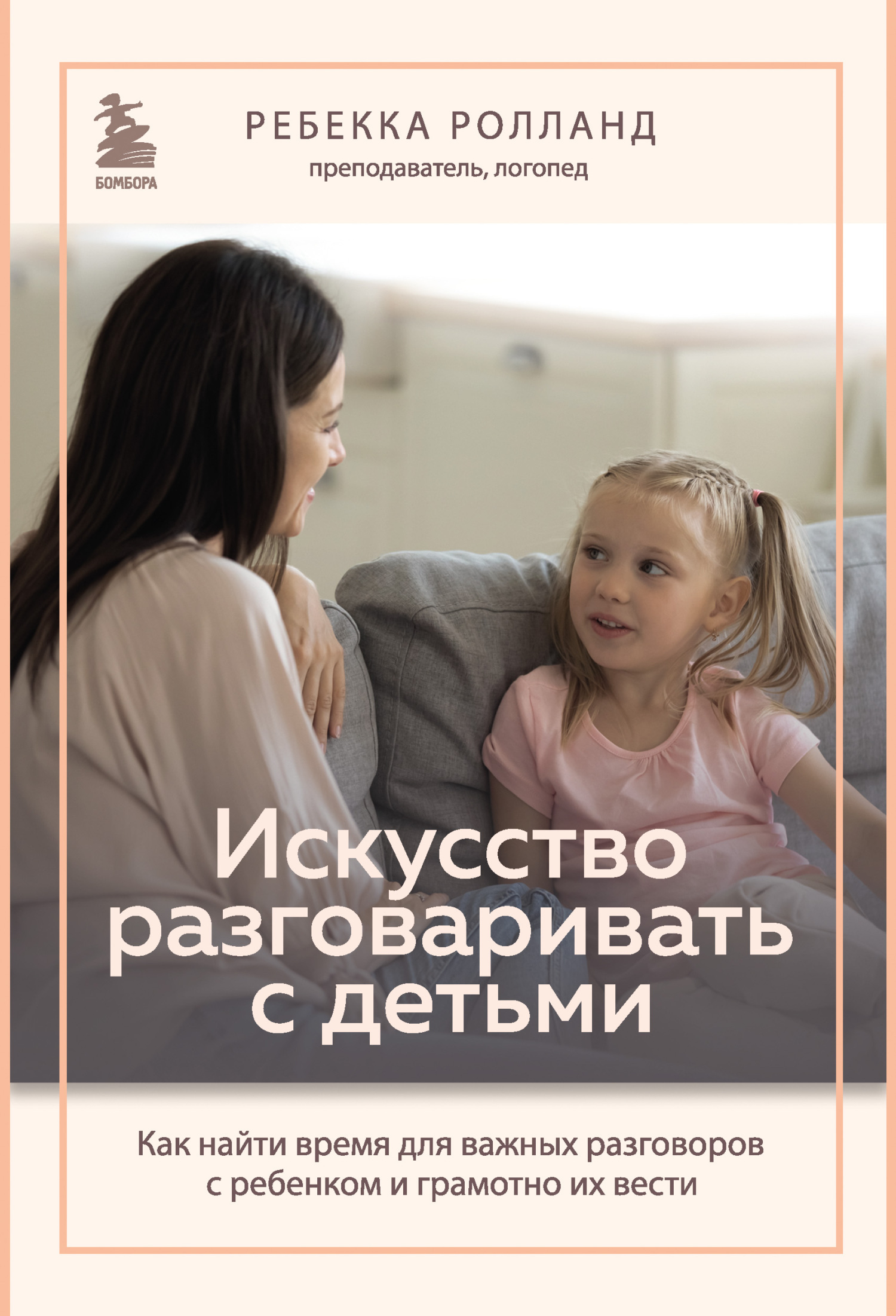Test Performance: An Experience Sampling Analysis of Students’ Learning Behavior.” Education Research International 2012, November 1, 2012. https://www.hindawi.com/journals/edri/2012/958319/.
Neubauer, Andreas B., Andrea Schmidt, Andrea C. Kramer, and Florian Schmiedek. “A Little Autonomy Support Goes a Long Way: Daily Autonomy-Supportive Parenting, Child Well-Being, Parental Need Fulfillment, and Change in Child, Family, and Parent Adjustment Across the Adaptation to the COVID-19 Pandemic.” Child Development, 2021. https://doi.org/10.1111/cdev.13515.
Neuenschwander, Regula, Allison Friedman-Krauss, Cybele Raver, and Clancy Blair. “Teacher Stress Predicts Child Executive Function: Moderation by School Poverty.” Early Education and Development 28, no. 7 (2017): 880–900. https://doi.org/10.1080/10409289.2017.1287993.
Newland, Rebecca P., and Keith A. Crnic. “Developmental Risk and Goodness of Fit in the Mother-Child Relationship: Links to Parenting Stress and Children’s Behaviour Problems.” Infant and Child Development 26, no. 2 (October 2016). https://doi.org/10.1002/icd.1980.
Newport, Cal. Digital Minimalism: Choosing a Focused Life in a Noisy World. London: Penguin Business, 2020.
Nichols, Sara R., Margarita Svetlova, and Celia A. Brownell. “Toddlers’ Responses to Infants’ Negative Emotions.” Infancy 20, no. 1 (April 2014): 70–97. https://doi.org/10.1111/infa.12066.
Nieto, Sonia. Language, Culture, and Teaching. New York: Routledge, 2017.
Ninio, Anat, and Catherine E. Snow. Pragmatic Development. New York: Routledge, 1996. https://doi.org/10.4324/9780429498053-7.
“No Time for Recess, No Need for Nap.” FairTest. Accessed June 9, 2021. https://www.fairtest.org/no-time-recess-no-need-nap.
Nolen-Hoeksema, Susan, Joan S. Girgus, and Martin E. Seligman. “Learned Helplessness in Children: A Longitudinal Study of Depression, Achievement, and Explanatory Style.” Journal of Personality and Social Psychology 51, no. 2 (1986): 435—42. https://doi.org/10.1037/0022-3514.51.2.435.
Nore, Gordon. “This Is Why Young Children Need to Explore Gender Identity in the Classroom.” Today’s Parent, August 23, 2019. https://www.todaysparent.com/kids/school-age/young-children-need-to-learn-gender-identity/.
Norgard, Rikke Toft, Claus Toft-Nielsen, and Nicola Whitton. “Playful Learning in Higher Education: Developing a Signature Pedagogy.” International Journal of Play 6, no. 3 (February 2017): 272—82. https://doi.org/10.1080/21594937.2017.1382997.
Novotney, Amy. “Understanding Our Personalities Requires a Lesson in History.” Monitor on Psychology 39, no. 11 (December 2008). https://www.apa.org/monitor/2008/12/kagan.
O’Connor, Rollanda E., Annika White, and H. Lee Swanson. “Repeated Reading versus Continuous Reading: Influences on Reading Fluency and Comprehension.” Exceptional Children 74, no. 1 (2007): 31–46. https://doi.org/10.1177/001440290707400102.
Odell, Jenny. How to Do Nothing: Resisting the Attention Economy. New York: Melville House, 2019.
Orben, Amy, and Andrew K. Przybylski. “The Association between Adolescent Well-Being and Digital Technology Use.” Nature Human Behaviour 3, no. 2 (2019): 173—82. https://doi.org/10.1038/s41562-018-0506-1.
Ornaghi, Veronica, Elisabetta Conte, and Ilaria Grazzani. “Empathy in Toddlers: The Role of Emotion Regulation, Language Ability, and Maternal Emotion Socialization Style.” Frontiers in Psychology 11 (2020). https://doi.org/10.3389/fpsyg.2020.586862.
Ottmar, Erin R., Sara E. Rimm-Kaufman, Robert Q. Berry, and Ross A. Larsen. “Does the Responsive Classroom Approach Affect the Use of Standards-Based Mathematics Teaching Practices?” Elementary School Journal 113, no. 3 (2013): 434—57. https://doi.org/10.1086/668768.
Overton, Sheri, and John L. Rausch. “Peer Relationships as Support for Children with Disabilities.” Focus on Autism and Other Developmental Disabilities 17, no. 1 (2002): 11–29. https://doi.org/10.1177/108835760201700102.
Pajares, Frank. “Self-Efficacy Beliefs in Academic Settings.” Review of Educational Research 66, no. 4 (1996): 543—78. https://doi.org/10.3102/00346543066004543.
Paley, Jennifer. “Praising Intelligence: Costs to Children’s Self-Esteem and Motivation.” Bing Nursery School, October 1, 2011. https://bingschool.stanford.edu/news/praising-intelligence-costs-childrens-self-esteem-and-motivation.
Parris, Dominique, Victor St. John, and Jessica Dym Bartlett. “Resources to Support Children’s Emotional Well-Being Amid Anti-Black Racism, Racial Violence, and Trauma.” Child Trends, June 23, 2020. https://www.childtrends.org/publications/resources-to-support-childrens-emotional-well-being-amid-anti-black-racism-racial-violence-and-trauma.
Pasnak, Robert. “Empirical Studies of Patterning.” Psychology 08, no. 13 (2017): 2276—93. https://doi.org/10.4236/psych.2017.813144.
Patchin, Justin W. “New National Bullying and Cyberbullying Statistics.” Cyberbullying Research Center, October 10, 2016. https://cyberbullying.org/new-national-bullying-cyberbullying-data.
Pea, Roy, Clifford Nass, Lyn Meheula, Marcus Rance, Aman Kumar, Holden Bamford, Matthew Nass, et al. “Media Use, Face-to-Face Communication, Media Multitasking, and Social Well-Being among 8- to 12-Year-Old Girls.” Developmental Psychology 48, no. 2 (2012): 327—36. https://doi.org/10.1037/a0027030.
Pearson, P. David, and Margaret C. Gallagher. “The Instruction of Reading Comprehension.” Contemporary Educational Psychology 8, no. 3 (1983): 317—44. https://doi.org/10.1016/0361-476x(83)90019-x.
Perrin, Andrew. “5 Facts about Americans and Video Games.” Pew Research Center, September 17, 2018. https://www.pewresearch.org/fact-tank/2018/09/17/5-facts-about-americans-and-video-games/.
Piaget, Jean. “Quantification, Conservation, and Nativism.” Science 162, no. 3857 (1968): 976—79. https://doi.org/10.1126/science.162.3857.976.
Piaget, Jean. The Origins of Intelligence in Children. New York: International Universities Press, 1952.
Piaget, Jean. “The Role of Action in the Development of Thinking.” In Knowledge and Development. Edited by Willis F. Overton and Jeanette M. Gallagher, 17–42. Boston: Springer, 1977. https://doi.org/10.1007/978-1-4684-2547-5_2.
Piaget, Jean, and Barbel Inhelder. The Growth of Logical Thinking from Childhood to Adolescence: An Essay on the Construction of Formal Operational Structures. New York: Basic Books, 1958.
Pickering, Martin J., and Simon Garrod. “Alignment as the Basis for Successful Communication.” Research on Language and Computation 4, no. 2–3 (2006): 203—28. https://doi.org/10.1007/s11168-006-9004-0.
Pickering, Martin J., and Simon Garrod. “Toward a Mechanistic Psychology of Dialogue.” Behavioral and Brain Sciences 27, no. 2 (2004). https://doi.org/10.1017/s0140525x04000056.
Playful Science. Accessed June 3, 2021. https://web.stanford.edu/group/playfulscience/cgi-bin/about.php.
Polanin, Megan, and Elizabeth Vera. “Bullying Prevention and Social Justice.” Theory Into Practice 52, no. 4 (February 2013): 303—10. https://doi.org/10.1080/00405841.2013.829736.
Polikoff, Morgan S. “Is Common Core ‘Working’? And Where Does Common Core Research Go From Here?” AERA Open 3, no. 1 (2017): 233285841769174. https://doi.org/10.1177/2332858417691749.
Poole, Carla, Susan A. Miller, and Ellen Booth Church. “Ages & Stages: Empathy.” Scholastic. Accessed May 26, 2021. https://www.scholastic.com/teachers/articles/teaching-content/ages-stages-empathy/.
Price, A.W. “Perfect Friendship in Aristotle.” In Love and Friendship in Plato and Aristotle. Oxford: Oxford Univ. Press, 1990. https://doi.org/10.1093/acprof: oso/9780198248996.003.0004.
Proyer, René T. “The Well-Being of Playful Adults: Adult Playfulness, Subjective Well-Being, Physical Well-Being, and the Pursuit of Enjoyable Activities.” European Journal of Humour Research 1, no. 1 (2013): 84–98. https://doi.org/10.7592/ejhr2013.1.1.proyer.
Proyer, René T., Fabian Gander, Emma J. Bertenshaw, and Kay Brauer. “The Positive Relationships of Playfulness with Indicators of Health, Activity, and Physical Fitness.” Frontiers in Psychology 9 (2018). https://doi.org/10.3389/fpsyg.2018.01440.
Pruett, Kyle D. “Children at Play: Clinical and Developmental Approaches to Meaning and Representation.” Journal of the American Academy of Child & Adolescent Psychiatry 34, no. 9 (1995): 1249. https://doi.org/10.1097/00004583-199509000-00027.
Psouni, Elia, Andreas Falck, Leni Boström, Martin Persson, Lisa Sidén, and Maria Wallin. “Together I Can! Joint Attention Boosts 3- to 4-Year-Olds’ Performance in a Verbal False-Belief Test.” Child Development 90, no. 1 (2018): 35–50. https://doi.org/10.1111/cdev.13075.
Rath, Tom, and Audra Wallace. How Full Is Your Bucket? New York: Scholastic, 2019.
Recchia, Holly E., Cecilia Wainryb, Stacia Bourne, and Monisha Pasupathi.“The Construction of Moral Agency in Mother – Child Conversations about Helping and Hurting across Childhood and Adolescence.” Developmental Psychology 50, no. 1 (2014): 34–44. https://doi.org/10.1037/a0033492.
Remmele, Bernd, and Nicola Whitton. “Disrupting the Magic Circle: The Impact of Negative Social Gaming Behaviours.” In Psychology, Pedagogy,





